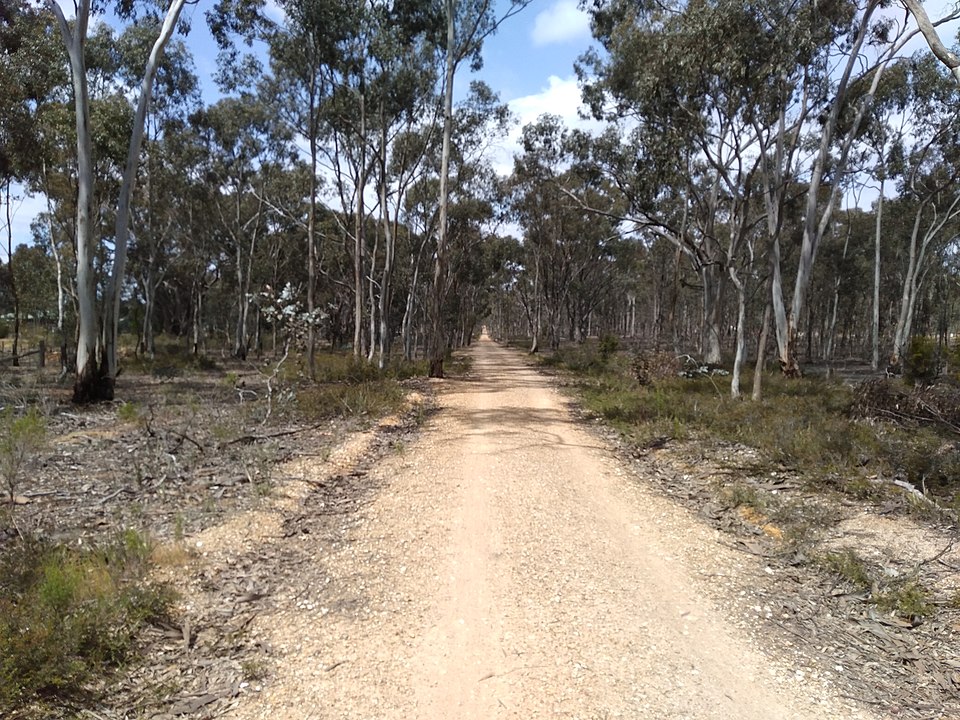Australia’s second-largest telco Optus has appointed a new chief executive, with NBN Co boss Stephen Rue to take the reins six months after a mass outage that affected some 10 million Optus customers.
Rue, a former News Corp executive, will join Optus in November after the telco conducted an extensive internal, external and international search, according to Optus chairman Paul Sullivan.

“Stephen was chosen after a rigorous process that involved a slate of high-quality candidates. We’re extremely pleased to have someone of his calibre to lead the next chapter at Optus,” O’Sullivan said.
“His experience in setting up the digital backbone of Australia will serve us well as we reinvigorate Optus as Australia’s leading challenger telecommunications brand. We expect Stephen’s operational and financial background to lift service standards significantly for the benefit of our customers.”
Rue said he was honoured and excited to join Optus after a decade at NBN Co, where has served as CEO since 2018. The executive, who hails from Ireland, was also previously chairman of the Melbourne Storm rugby league club.
Rue will take on the role of restoring Optus’ reputation, after widespread frustration from customers and the broader public over last November’s outage.
Sources close to Optus not authorised to speak publicly said that Optus executive and former NSW premier Gladys Berejiklian, who had been floated as a frontrunner to take the top job, did not put her hand up for the role.
“My job will be to take care of Optus’ customers, people and business and to provide strong competition and choice,” Rue said. “I look forward to accelerating the transformation at Optus so fellow Australians continue to have the choice of a strong alternative telecoms provider and the country as a whole can harness the power of digital connectivity to drive economic participation and social inclusion.”

Former CEO Kelly Bayer Rosmarin departed late last year after a November outage that affected 10 million Australians and crippled the communications networks of small businesses, hospitals and railway lines.
That 16-hour outage has claimed several top Optus executives, with networks boss Lambo Kanagaratnam departing the company in March while long-time Optus corporate and public affairs director Sally Oelerich departed in January. Meanwhile, Danielle Keighery in January ditched Optus two weeks before she was set to start as its head of corporate affairs, instead opting to join Qantas.
Optus chief financial officer Michael Venter was appointed interim boss on November 20 and will remain as interim CEO until November 2024.
Optus’ parent company Singtel, which is based in Singapore, has also revamped the telco’s governance model, with the Optus CEO and executives reporting to the Optus board, rather than Singtel. The Optus board and executives would “work together to reset strategy and rebuild customer trust in the Optus brand,” the telco said in a statement.
The telco last week announced a proposed 11-year billion-dollar network-sharing deal with rival TPG that would see the companies share regional network towers.
The federal government also announced last week it would strengthen Australia’s triple-zero emergency system and roll out new rules mandating how telcos communicate with their customers, after it accepted all 18 recommendations from a review into the Optus outage.
It comes as Telstra on Monday delayed a shutdown of its 3G network by two months following reports that hundreds of thousands of older handsets may be unable to contact triple-zero in the case of an emergency.
Telstra CEO Vicki Brady said Telstra will close its network on August 31, two months later than the planned date of June 30 2024. This masthead first reported concerns that many older handsets are 4G-enabled but default to the 3G network for triple-zero calls, meaning they’ll need to be replaced.
Brady urged customers to check if their devices need upgrading. She said they can SMS ‘3’ to 3498 and Telstra will respond if their handset needs updating.
“Closing Australia’s 3G networks is a significant step that will lead to improved connectivity for the nation, so please act quickly to check your devices and upgrade today, or get in touch with us for help,” Brady said.
Communications minister Michelle Rowland is chairing an industry working group into the issue. TPG shut down its 3G network in December last year, while Optus is set to shut down its 3G network this September.
“The government welcomes Telstra’s decision to delay its planned 3G switchover. Ensuring that more Australians have visibility and an understanding of the 3G switchover is critical to managing it in a safer way,” Rowland said in a statement.
“The latest reports from industry suggest there are approximately 400,000 4G-enabled devices that default to 3G for emergency calls. After the switchover, these devices will appear to operate as normal and Australians may only realise there is an issue with the device when they can least afford it.”
“Options exist under law for the government to consider proposals to delay the planned switchover, subject to consultation and procedural processes.”
Shadow communications minister David Coleman said that Telstra’s decision underscored Rowland’s “hapless handling of the issue.”
“The minister only set up her working group in March. If the minister had acted professionally and expeditiously, there would have been ample time to deal with this issue prior to 3G shutdown.”
The Age Newspaper

